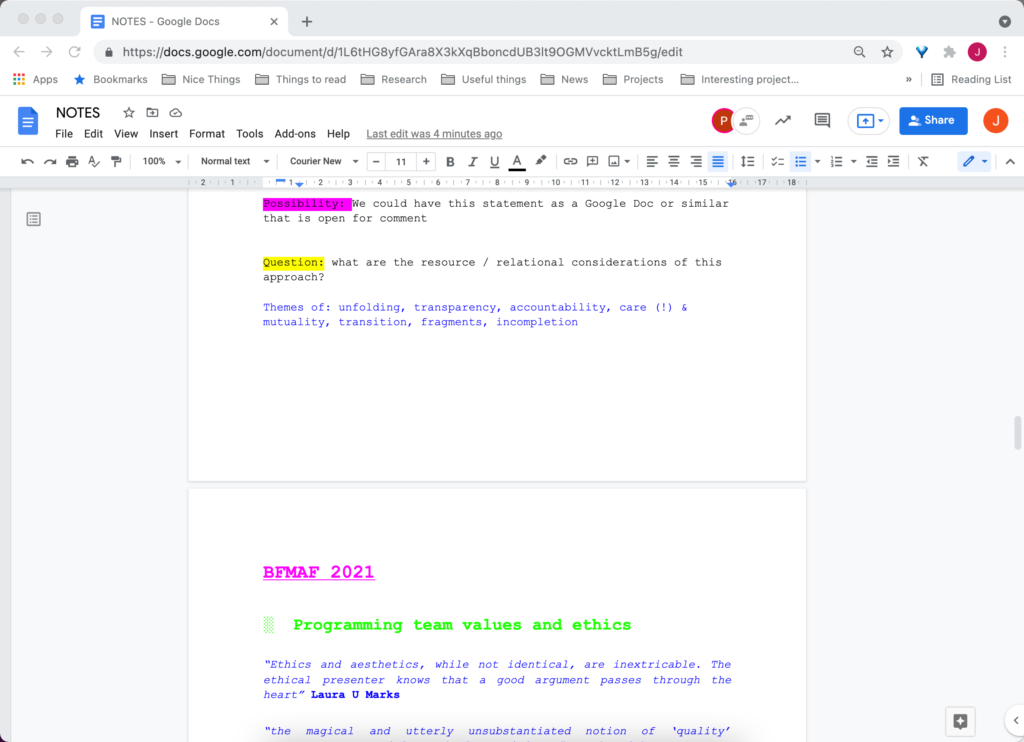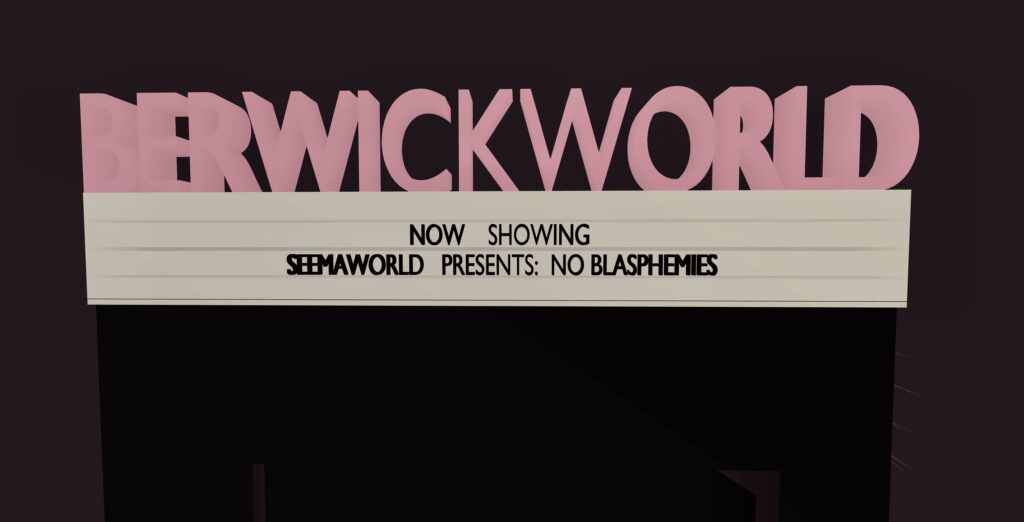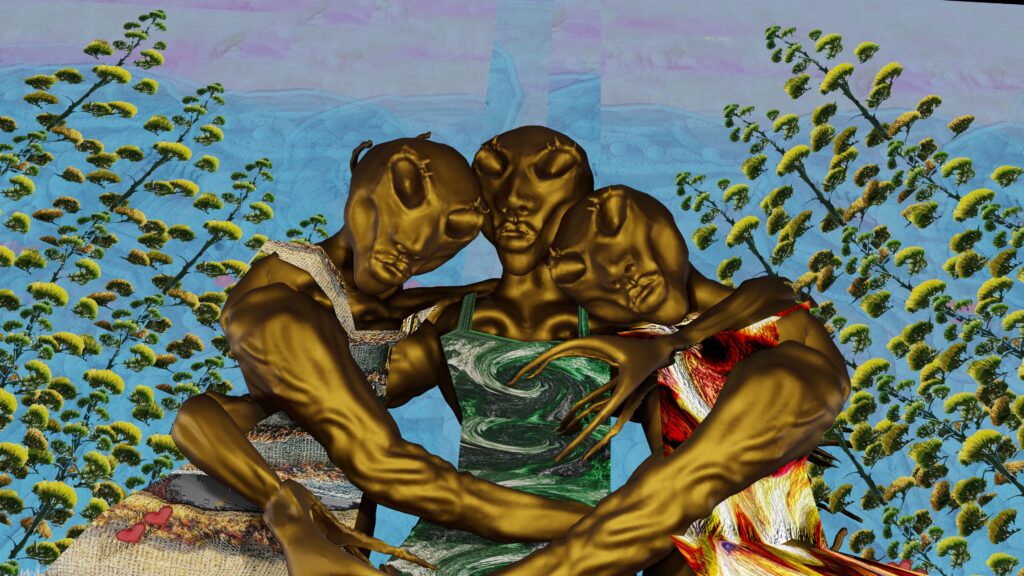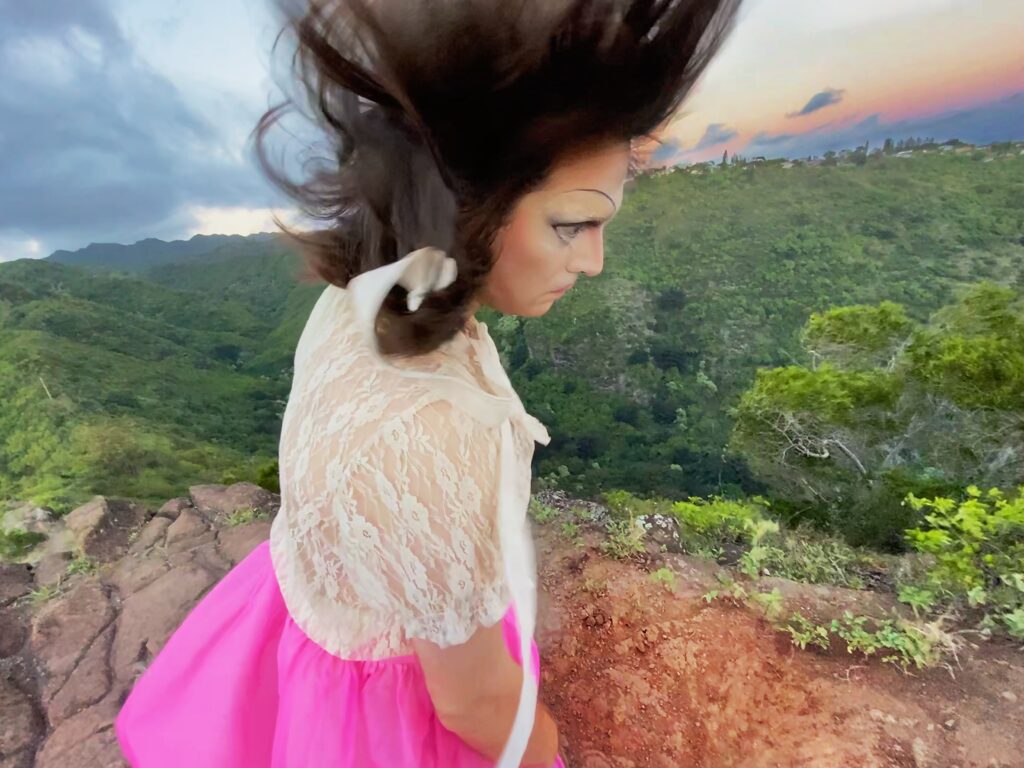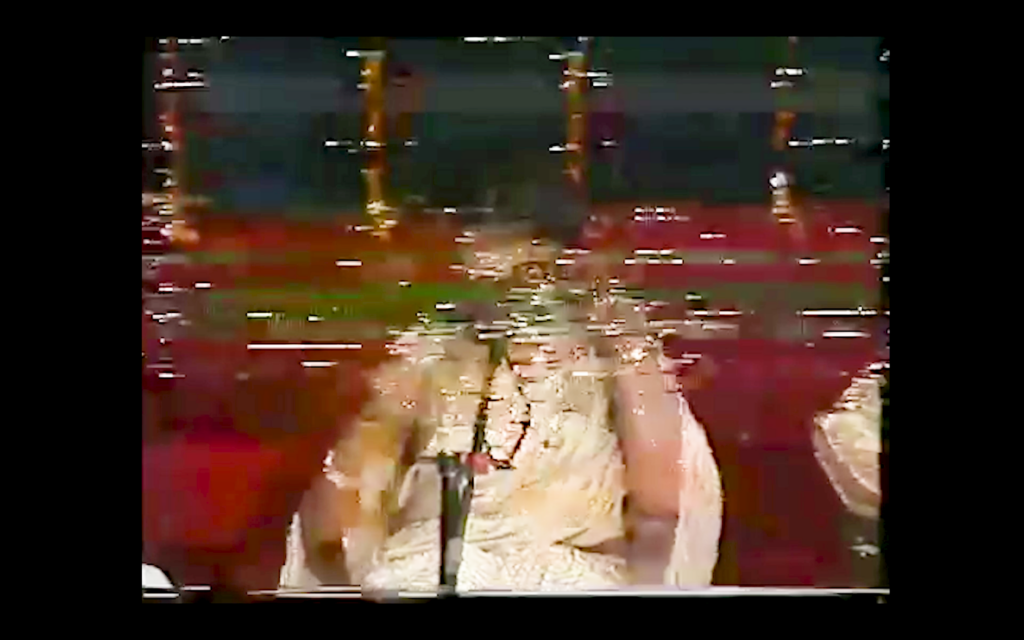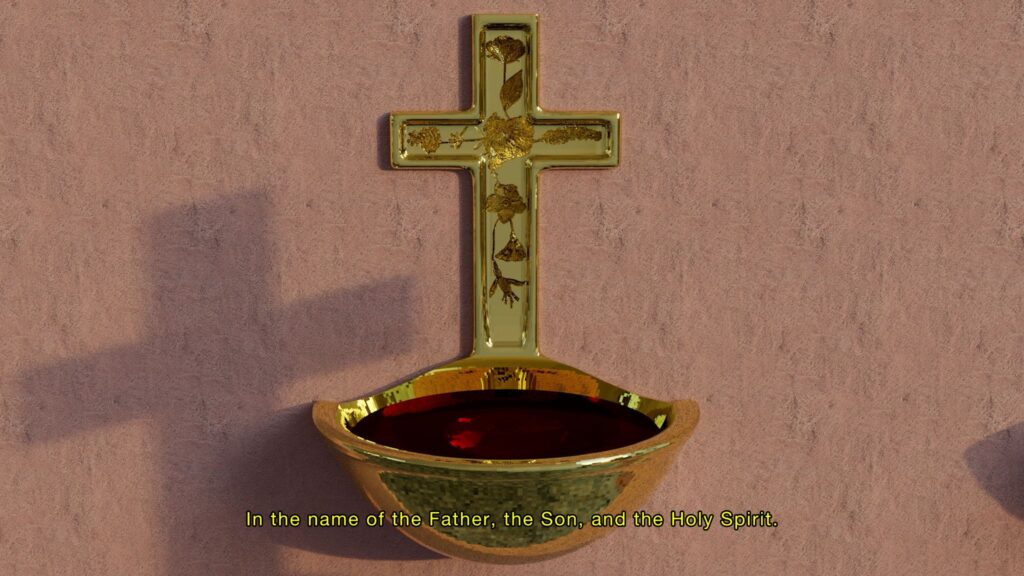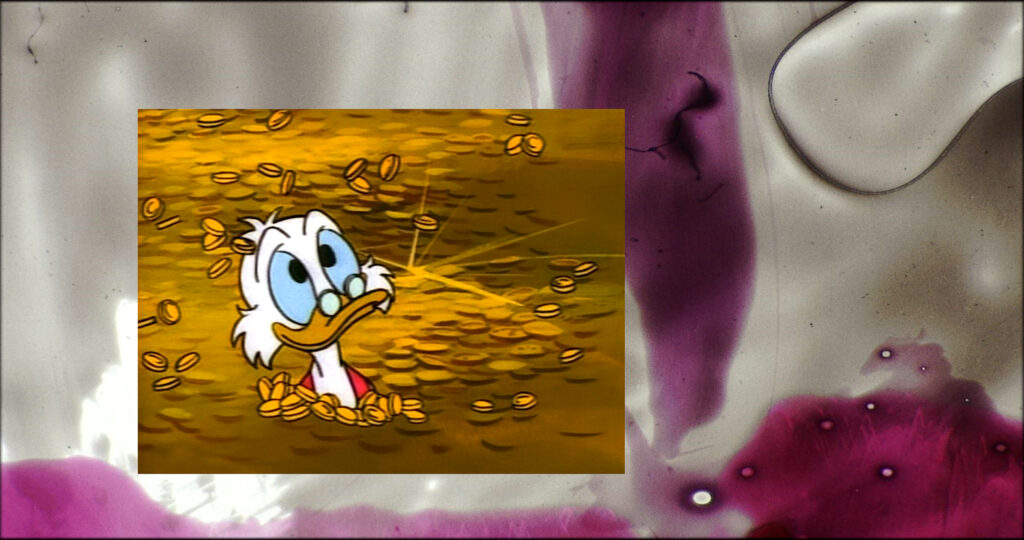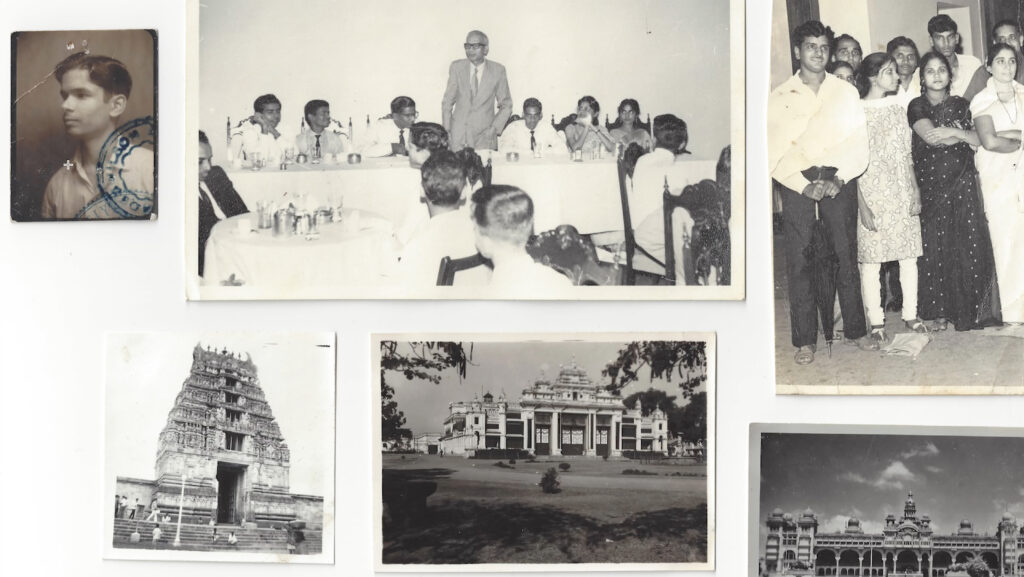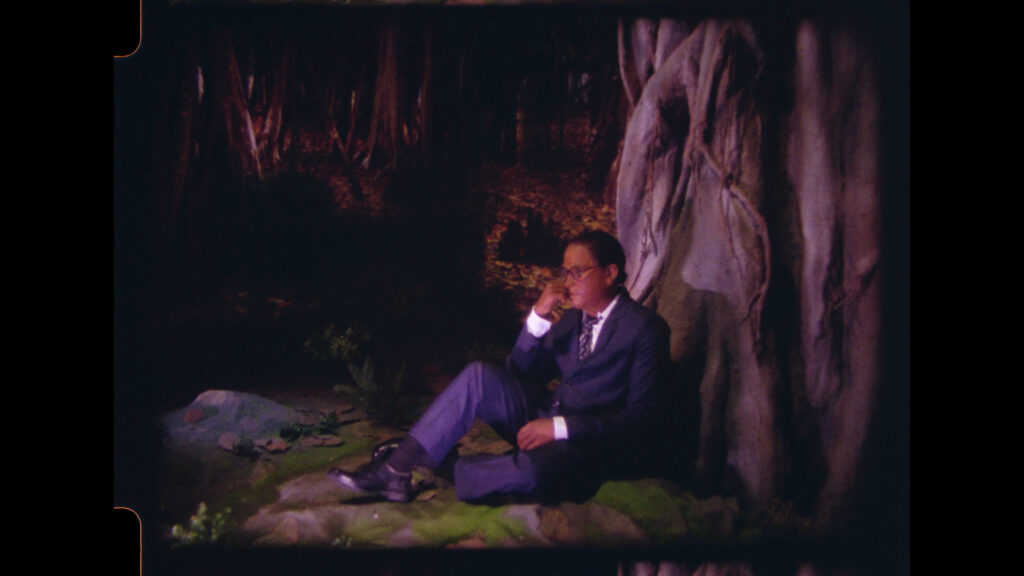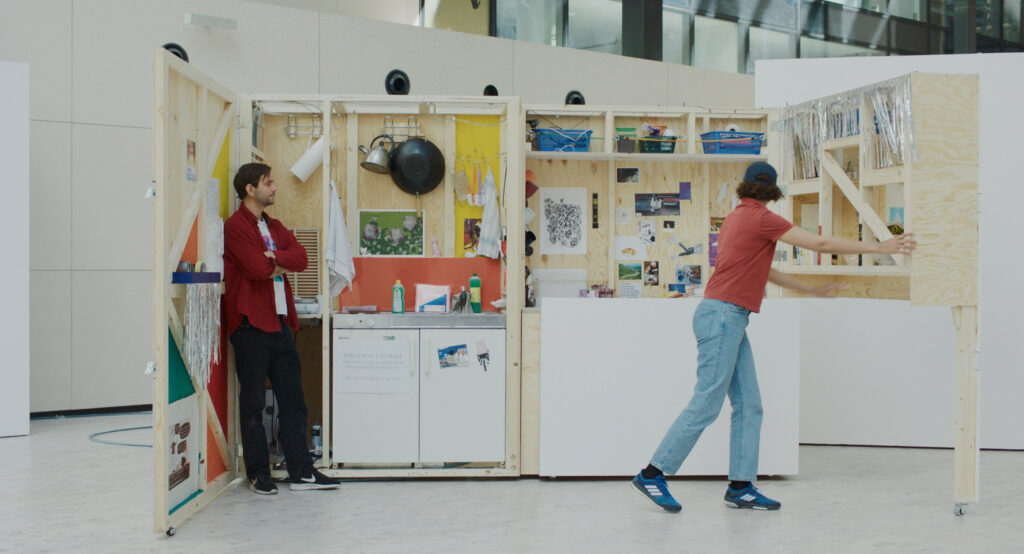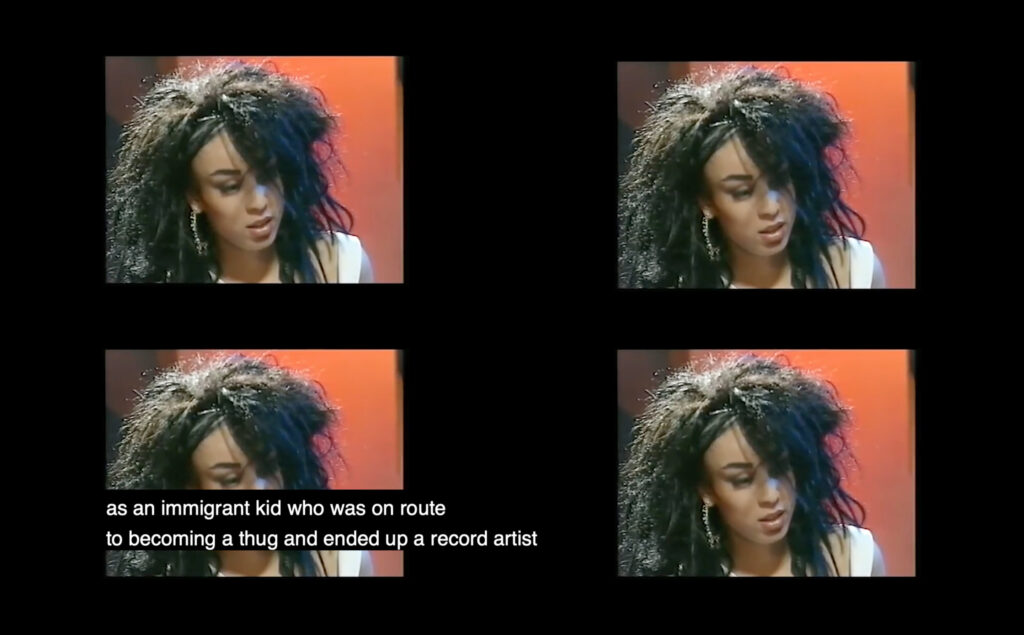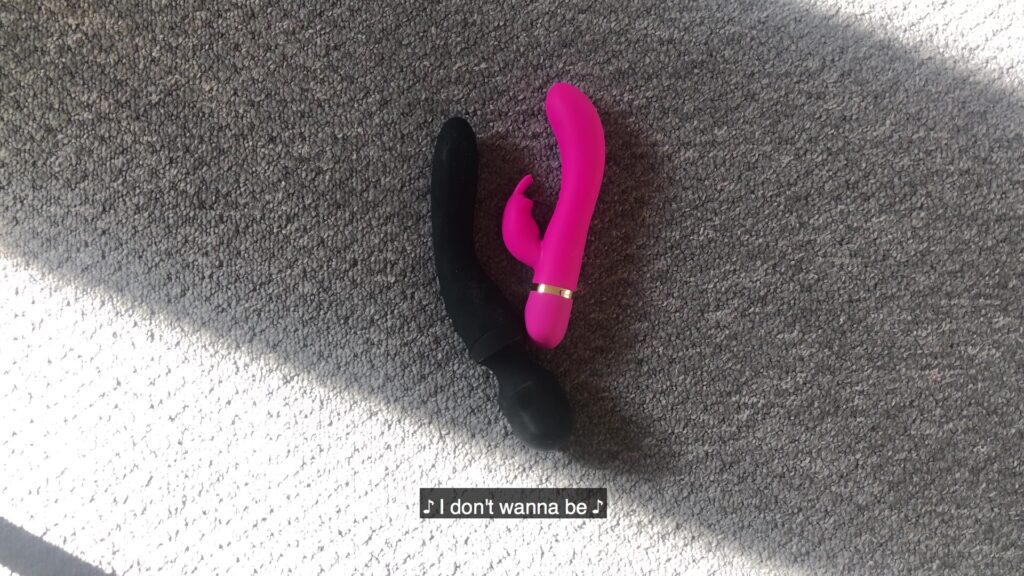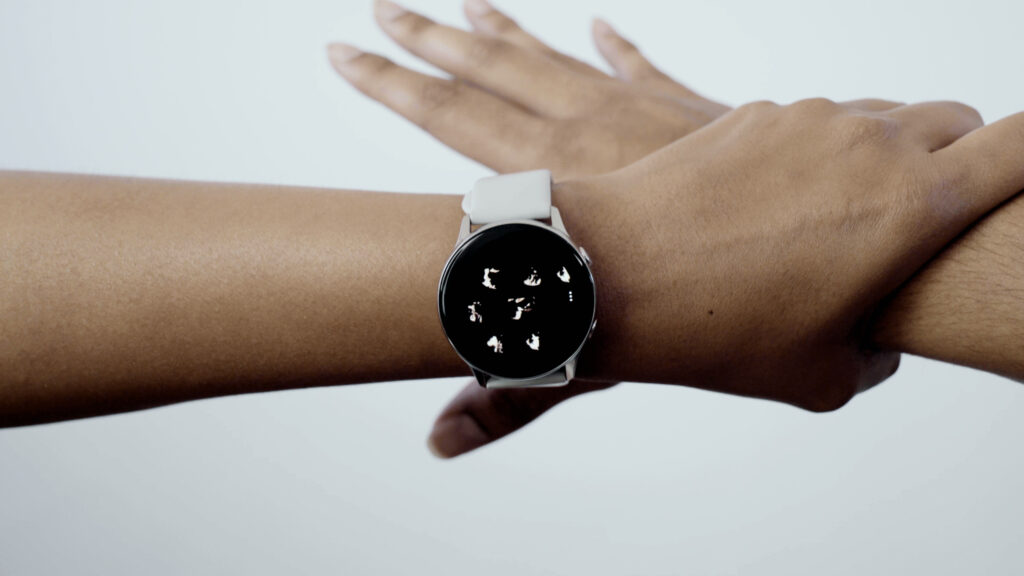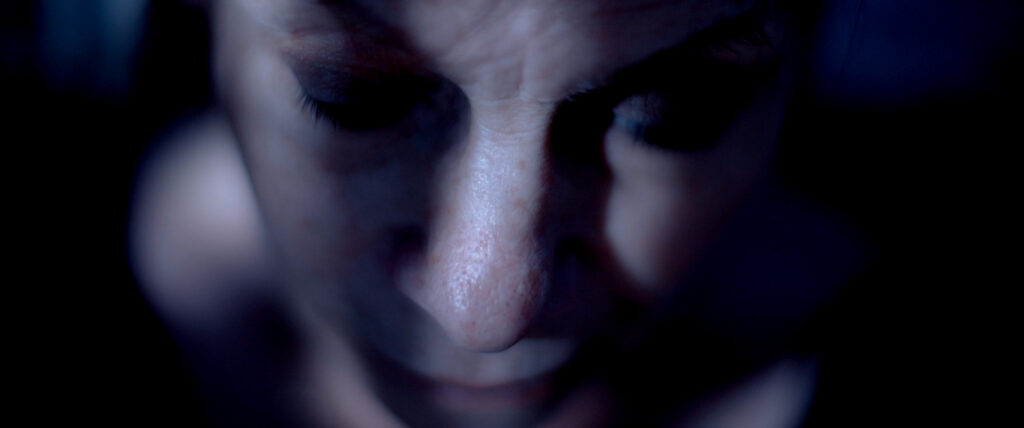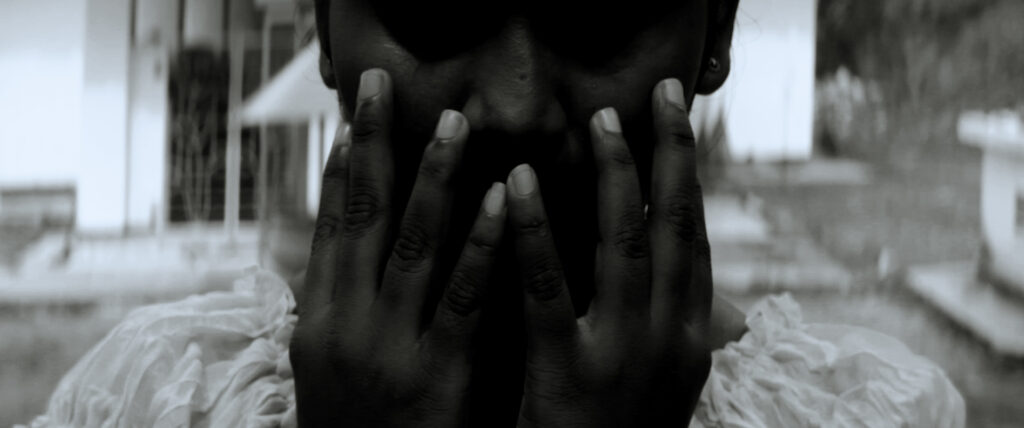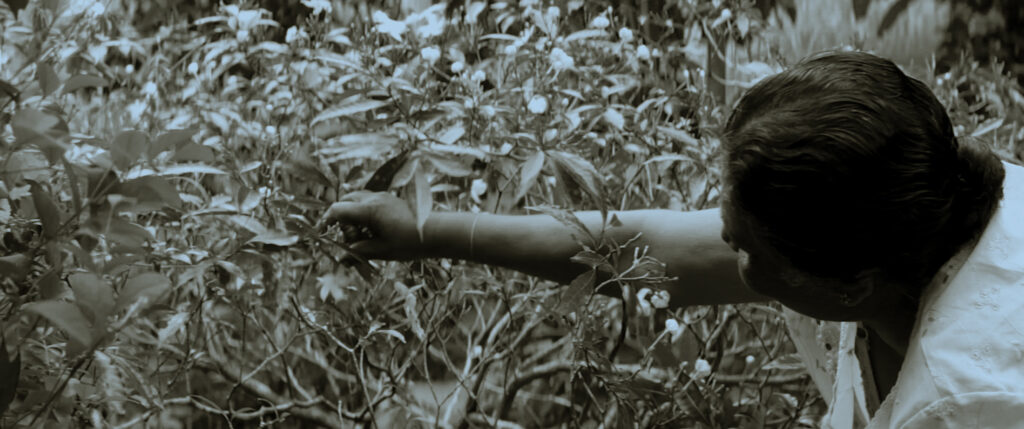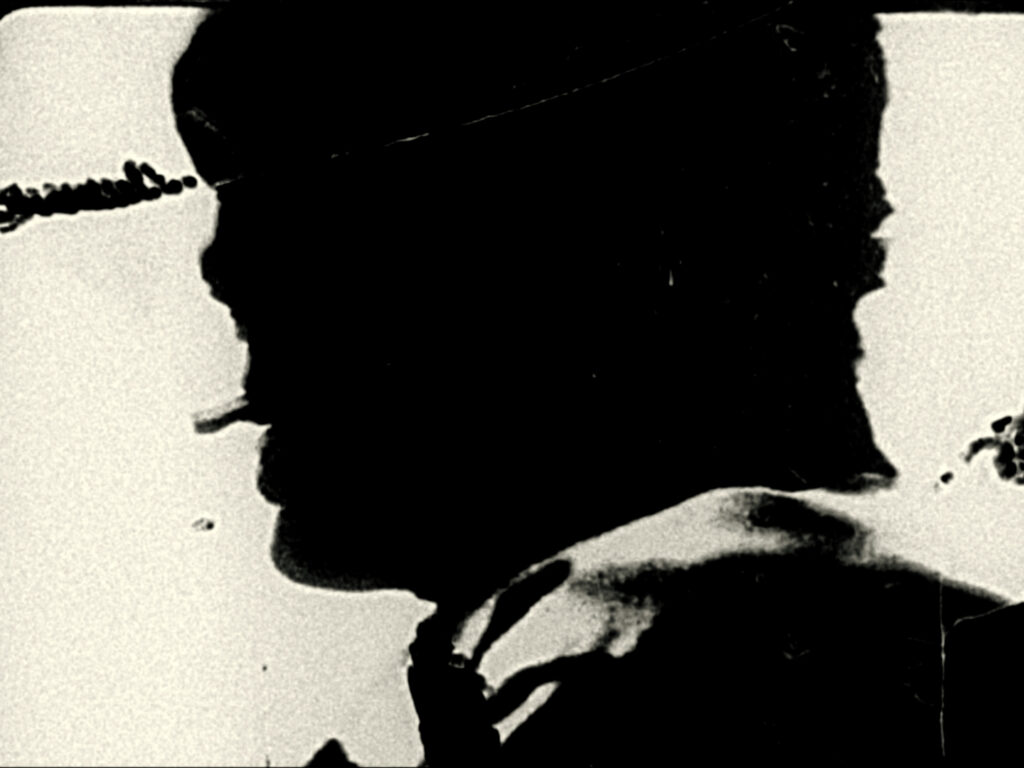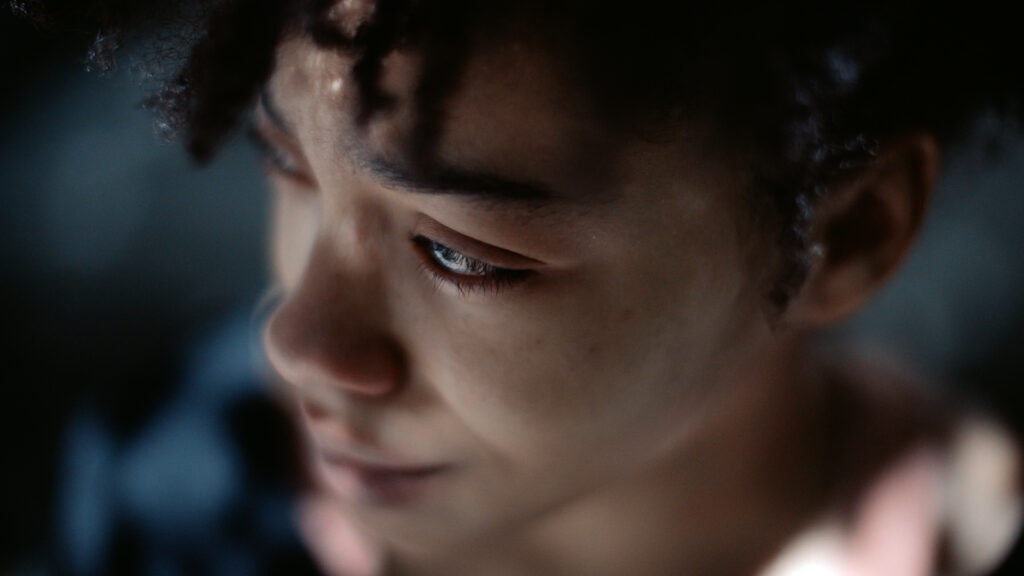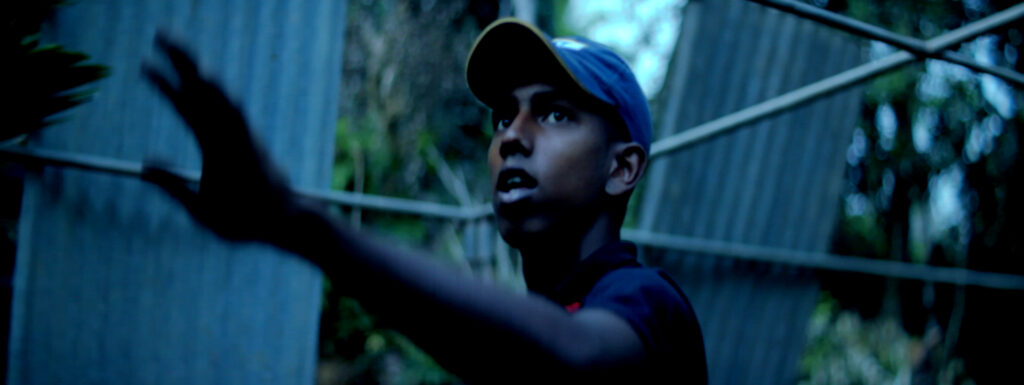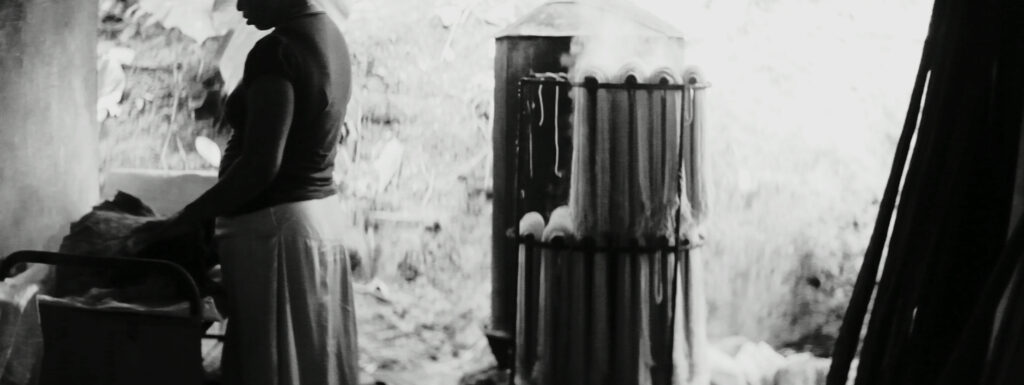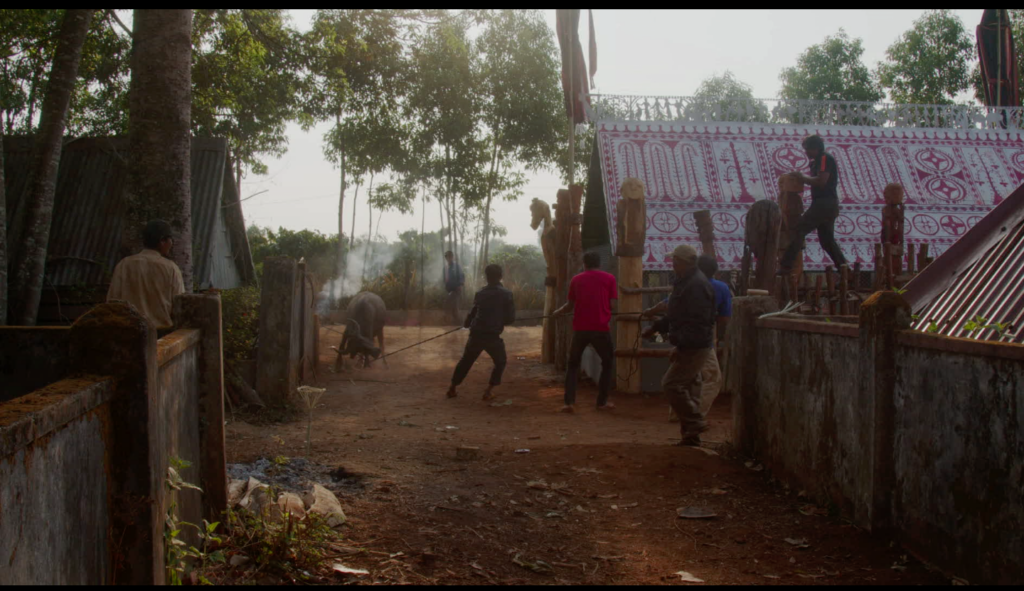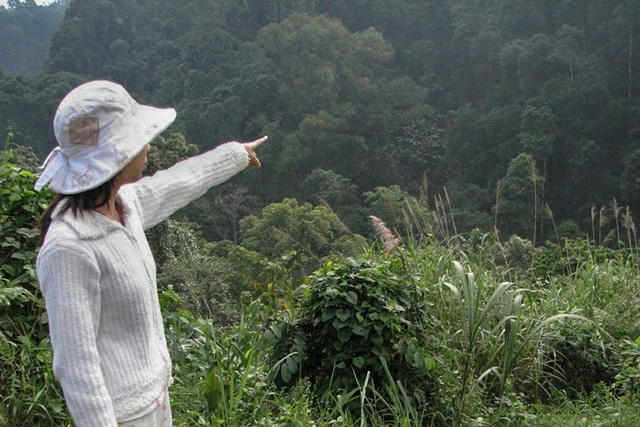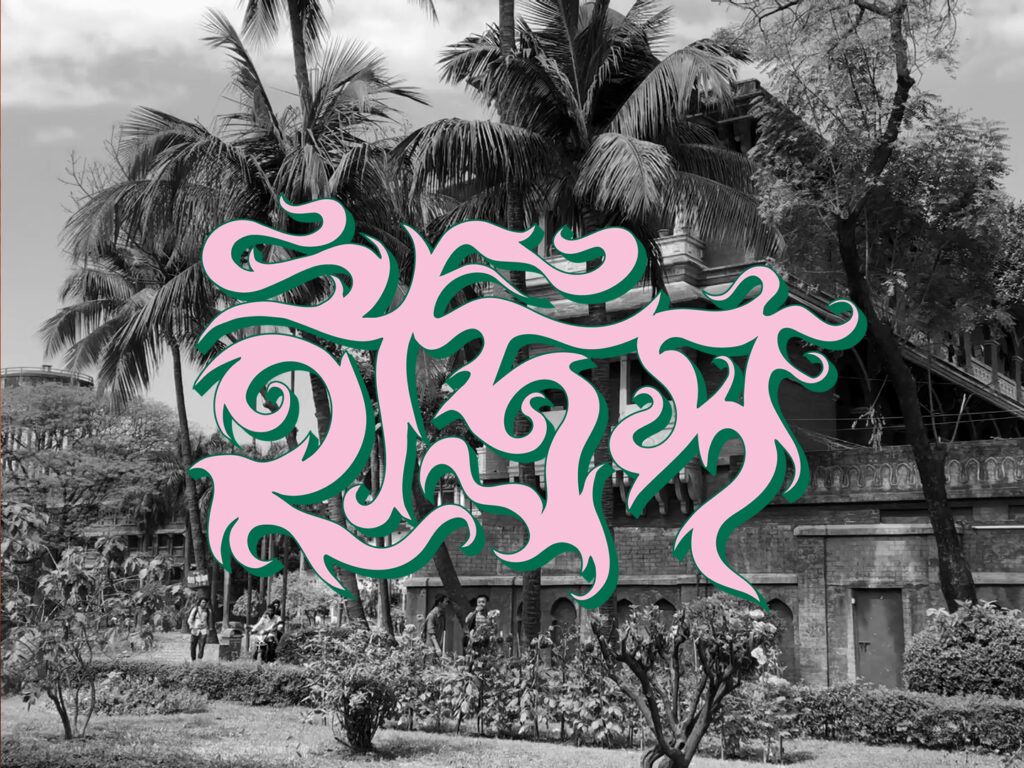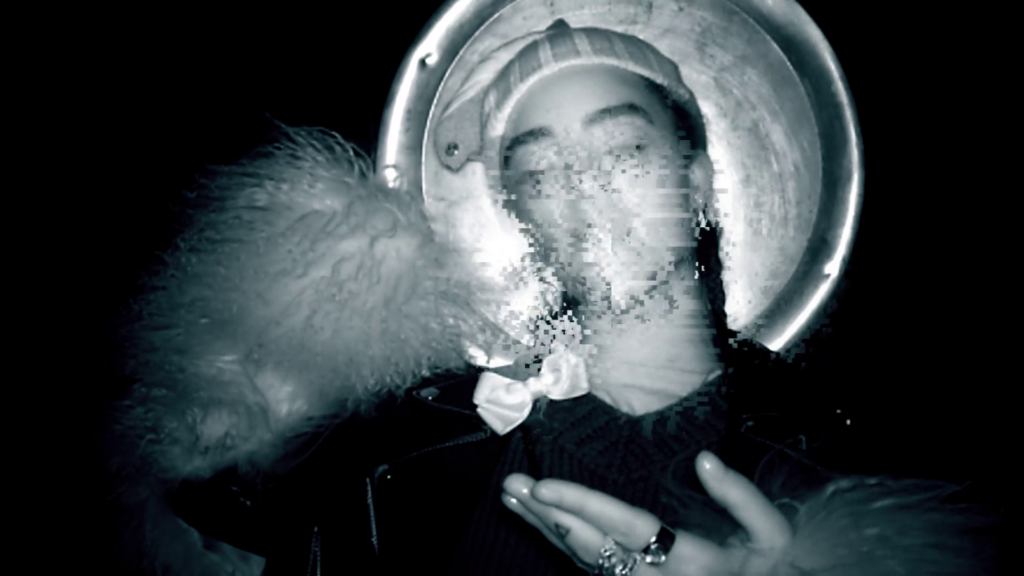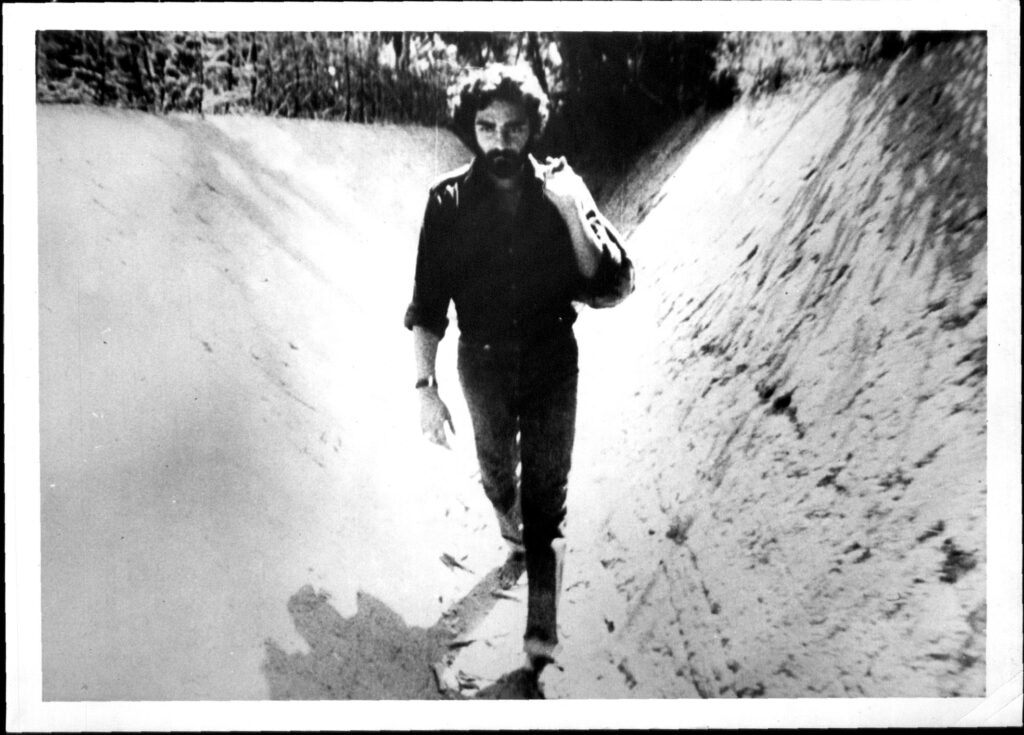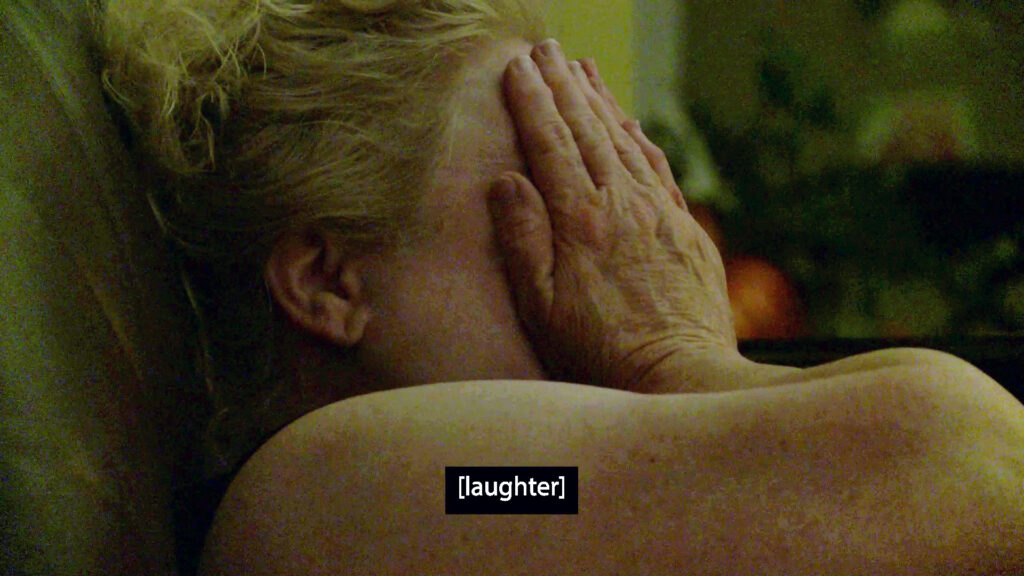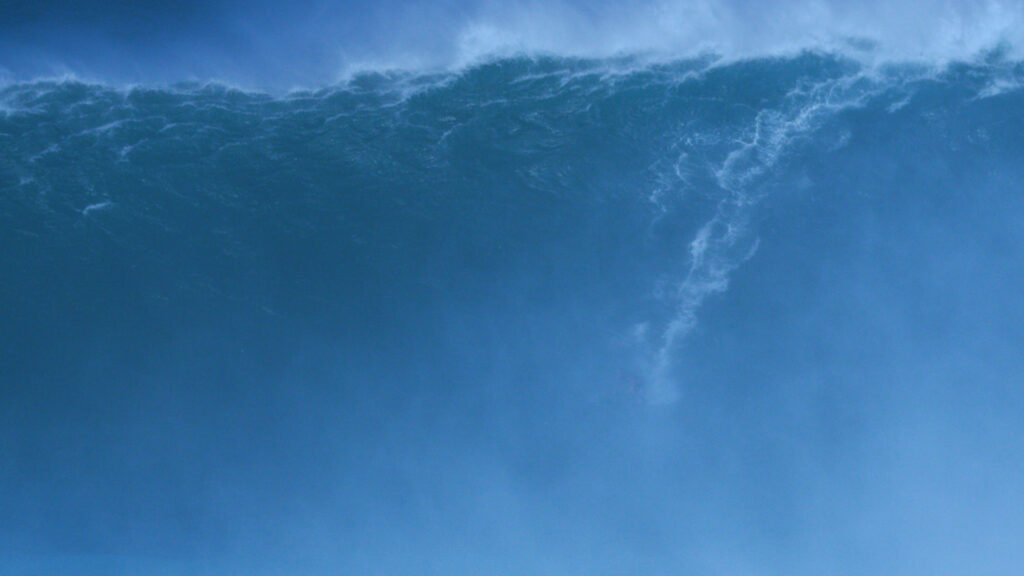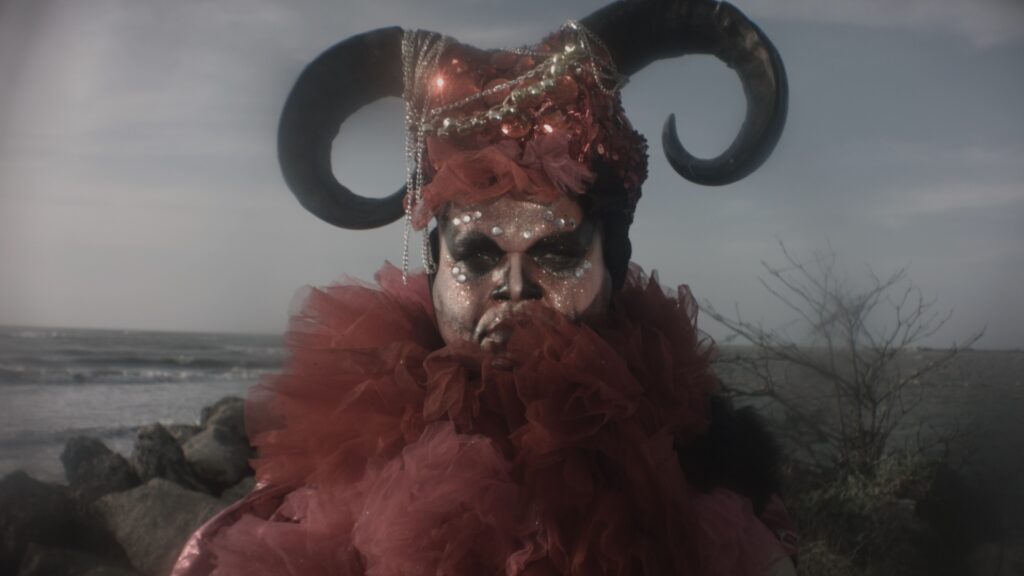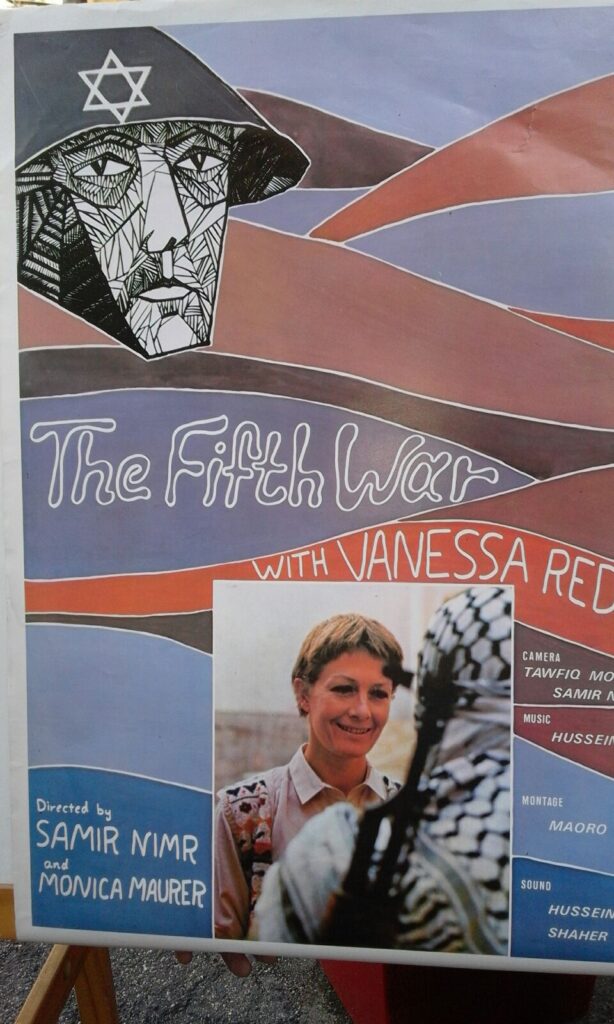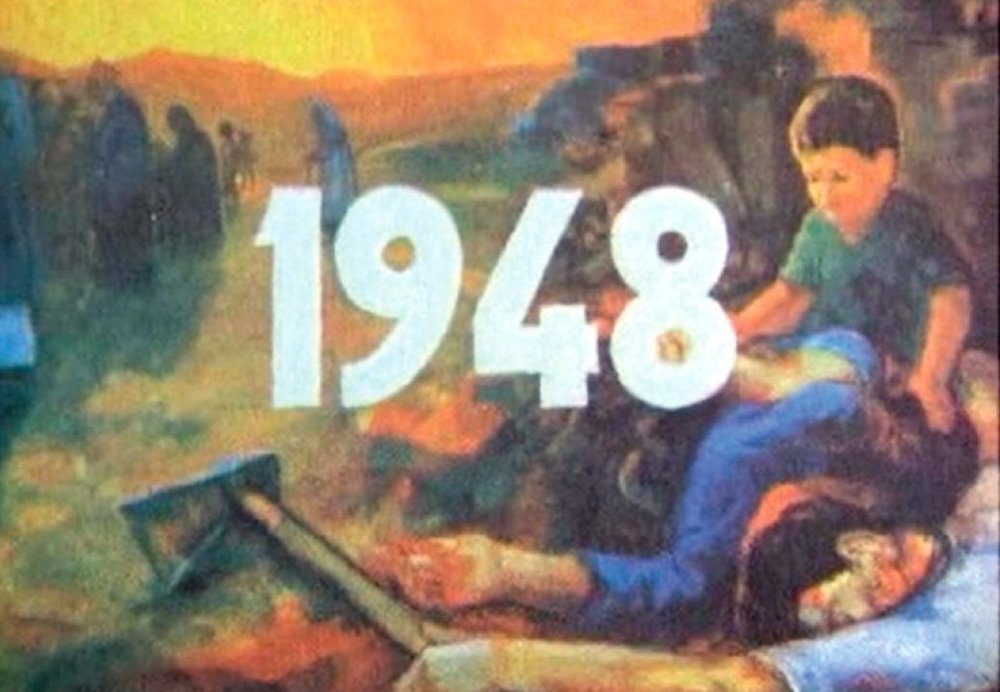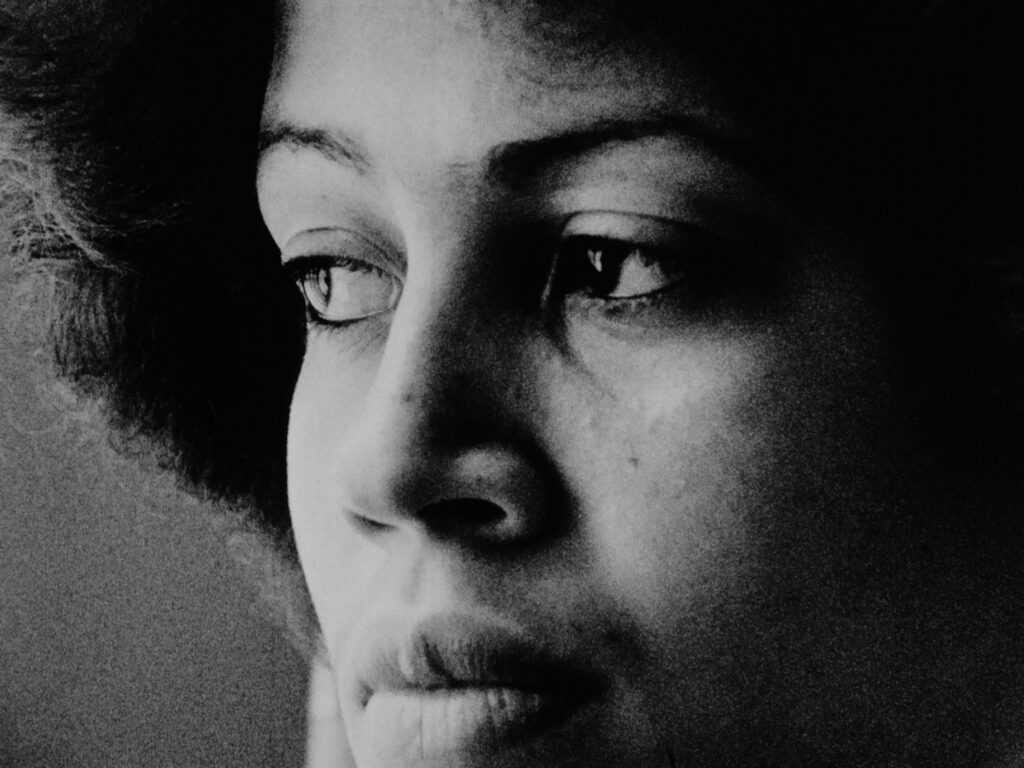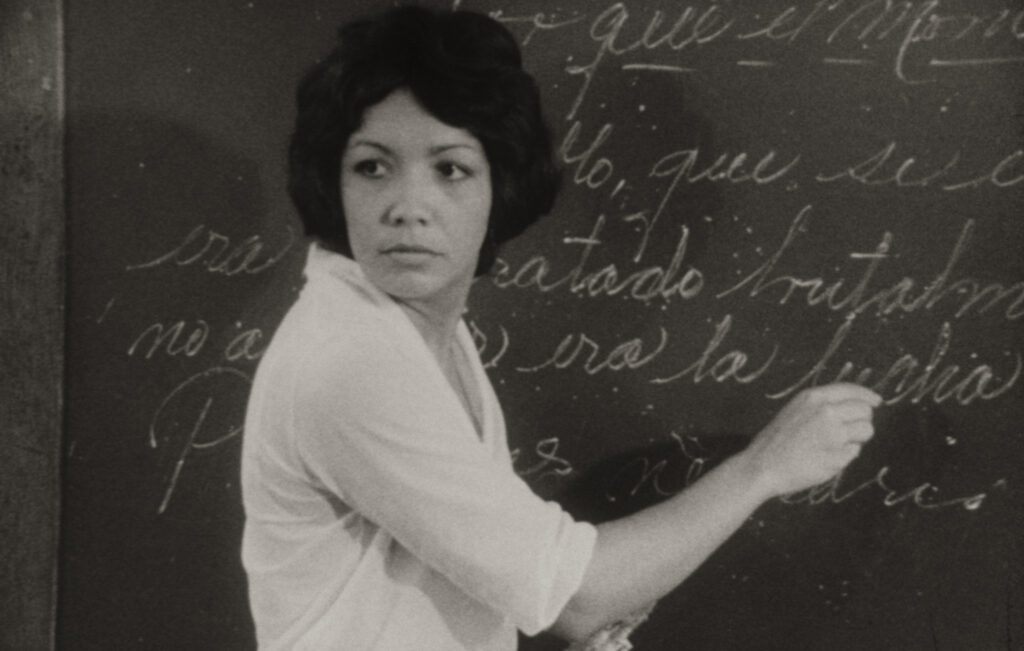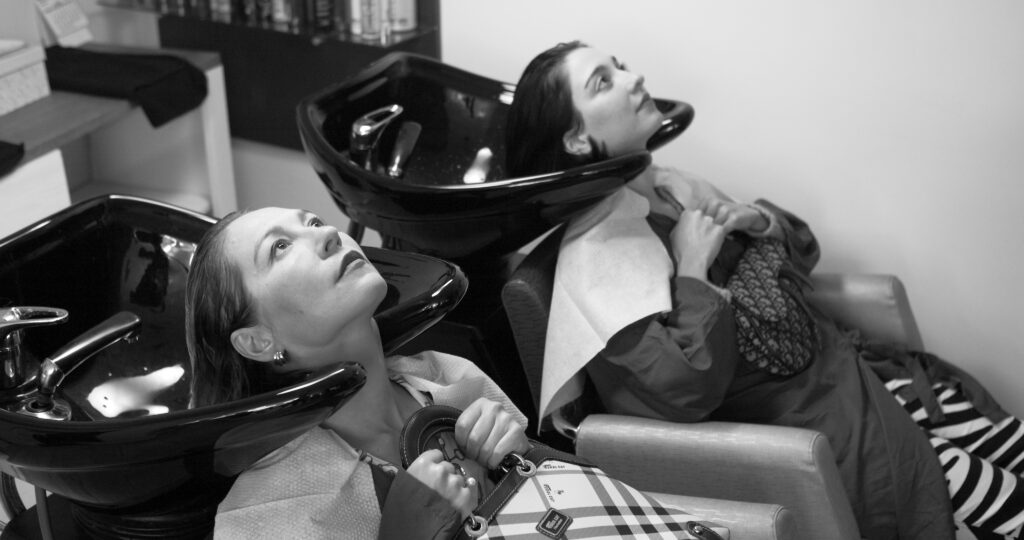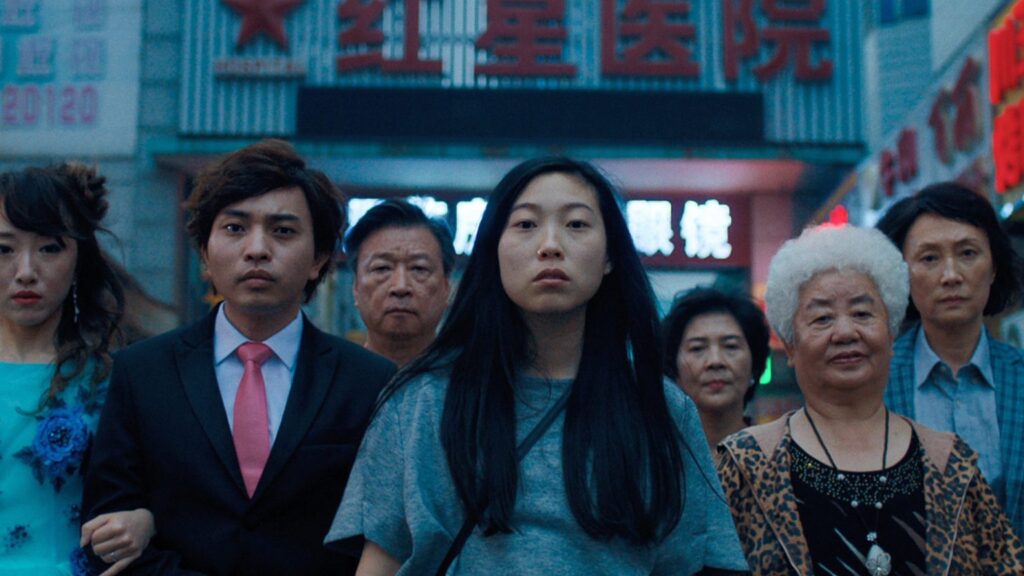SEEMAWORLD is an immersive, multi-channel realm and streaming facility. It’s comprised of the mimicry of multiple amenities and services—which act as portals to a specific aspect of SEEMAWORLD. An interactive installation, it shows born-digital artefacts alongside digitised works of traditional media.
As a colony of SEEMAWORLD, BERWICKWORLD transports viewers firmly into the cinematics of the cinema and magnifies Fan Labour as behaviour, thought and form. —Seema Mattu
Available online from Monday 13th September
When Amongst Our Own is an online work and exhibition designed by Danielle Braithwaite Shirley produced and commissioned by Berwick Film & Media Arts Festival, Circuit NZ, New Zealand and Spike Island, Bristol. It includes a sound work by Shenece Oretha, a publication by Ebun Sodipo and a film by Day Eve.
Available online from Monday 13th September
“The question always has been whether these stories of Hawai‘i have any worth to anyone in Gwangju, or vice versa. Furthermore, should the worth be the end of all stories? Why should one care, and how does one really care about the trouble beyond a national border, let alone the border of one’s skin? Here, does film educate about this method to care; or is it regenerating and readjusting the area of one’s skin?” —Sung Hwan Kim
Made between three locations, artist and filmmaker Sharlene Bamboat’s latest work is assembled through a call and response exchange of sound, text and image. Interested in the framework of voice, vibration, time, sound and language that quantum physics explores, Bamboat’s new film emerges from an exchange of theoretical entanglements but is practiced and rendered through bodily ones.
Language folds and falls in on itself in this new video work by artist duo Cat and Éiméar McClay. Animated 3D tableaus of Catholic paraphernalia and strikes of elemental weather accompany the words. Together, they enact the historically fraught relationship between queerness and the Catholic church.
Alternative Economies was made in conversation with herbalist Rasheeqa Ahmad and financial services regulator Rachel Bardiger. The film discusses the imperialist exploits of the Disney character Scrooge McDuck, and the apparently radical yet deeply compromised promises of cryptocurrency. Between these two strands, possibilities for an alternative network of exchange and subsistence are sought.
Galb’Echaouf delves into the idea of amnesia as the result of an extreme and destructive political context which generated shame and guilt. Conflicts put an end to freedom of movement, and most importantly, to the transmission of types of knowledge passed down over centuries. It is fuelled by the statements and silences of the inhabitants of the region, but also by non-human knowledge present in plants and landscapes.
Suneil Sanzgiri’s recent video trilogy is shown here, in full, for the first time. The series is bookended by his attempts to recreate the landscapes of his father’s birth place in Curchorem, Goa. All three films utilise an aesthetics of distance and proximity to gesture to tensions, possibilities and replications when we search for ourselves in the remnants of colonial histories.
In Maat means Land, Fox Maxy (Ipai Kumeyaay and Payómkawichum) has created an intoxicating and urgent film collage that gives invigorating expression to contemporary Indigenous identity, culture and experience. Exploring the question, “what does it mean to come from somewhere?”, Maxy pays homage to the land and his surroundings, whilst challenging us to think about the painful and multi-layered histories that exist within territories scarred by settler colonialism.
Manifesto establishes a multifaceted portrait of an arts academy which has been recently subsumed into a large national university. Through frank and revealing discussions with students, teachers, administrators and other staff, Ane Hjort Guttu establishes links between seemingly disparate topics—from architecture and surveillance to neoliberalism and dysfunctionality—embedded within the framework of contemporary academia.
In Passion of Remembrance, Salad Hilowle creates a personal and evocative meditation on Black Swedish identity. Collage-like, Hilowle interlaces archive footage taken from 90s Swedish television with contemporary scenes filmed in rural and urban settings. The result is a dynamic and multi-layered work that interrogates, re-frames and reclaims blackness in Swedish culture.
In suspiration!, Taylor brings false promises made by the United Kingdom to the surface with pieces of news footage and a spoken testimony describing racism in the UK. Amongst this bleakness, moments of beauty shine through, indicating the possibility for reassurance and hope.
Rajee Samarasinghe’s body of work tackles contemporary sociopolitical conditions in Sri Lanka through the scope of his own identity and the deconstruction of ethnographic practices. BFMAF 2021 presents a series of Samarasinghe’s 12 short films shot over a decade—an archive of images navigating the terrain of migration, memory, and impermanence.
In Tim Leyendekker’s debut feature film, victims, perpetrators and their observers offer entangled viewpoints on the 2007 Groningen HIV case in the Netherlands. In this case, three men hosting sex parties drugged others and injected them with their own HIV-infected blood. Feast explores the uneasy complexities, motivations, assumptions and projections of those involved and those watching: the media, the diagnosing professionals, and us, the viewers.
This screening will be accompanied with an in person conversation with Tim Leyendekker and will take place at The Maltings in Berwick-upon-Tweed.
Nguyễn Trinh Thi is one of Vietnam’s leading contemporary artists. Her moving image work engages with the ways in which memory, history and representation are part of broader structures of power, the legacies of colonialism and war, and the erasure of indigenous Vietnamese cultures.
Nguyễn Trinh Thi’s Focus Programmes are supported by CREAM, University of Westminster and Centre for Screen Cultures at the University of St Andrew
The Festival opens with the world premiere of Idrish (ইদ্রিস) by Adam Lewis Jacob (UK, Bangladesh, 2021).
Idrish acts as an urgent and potent piece of anti-deportation activism. With reports of deportation flights regularly in the news, the film is rich with resonance to our current moment. In one striking sequence, footage of a protest march gives way to staccato editing and propulsive sound design by Claude Nouk, who re-uses and manipulates archival sounds to transform the film into a powerful rallying cry. Radically reanimating the documentary form, Jacob enlivens the archive to tell a vital history.
This screening will be accompanied with an in person conversation with Camara Taylor (suspiration!) and will take place at The Maltings in Berwick-upon-Tweed.
Rock Bottom Riser is an immersive, exploratory and deeply inquisitive study of an island world at sea. The film fashions a layered and heterogeneous portrait of Hawaii through its cosmogony, its uncertain future and the scattered lens of the present. Through a combination of research, observation of the islands’ landscape and conversation with many different people who call it home, artist-filmmaker Fern Silva highlights the complexity and contradictions of a place which can be understood as beautiful and serene but also under constant existential threat.
In La Nave, Colombian artist and first-time filmmaker Carlos Maria Romero (aka Atabey Mamasita) translates the meaning and spirit of Carnival de Barranquilla during a year in which gatherings were forbidden. Through clandestinely filmed performances with members of many different communities—indigenous, trans, queer, rural, Afro-Colombian and radical outsiders among them—Maria Romero recreates northern Colombia’s largest cultural event as an essayistic performance film, demonstrating how Carnival is a lifeblood to its many diverse participants.
In a village in central India, dedicated school teachers put their heart and soul into preparing a group of children for an entrance exam for a Government-run “School of Excellence.” Entrance Exam explores the stakes of the opportunities afforded by this continued, subsidised education for underprivileged children, as well as the many layers of struggle in this intense and surprising journey.
This screening will be accompanied with in person conversations with Éiméar McClay & Cat McClay (a body is a body is a body) and Rehana Zaman (Alternative Economies).
The Void Project looks at the effect of the absence of Palestinian visual archives on the construction of a Palestinian visual narrative. The project was founded by Palestinian documentary filmmaker, cinematographer, producer and writer Azza El-Hassan, whose documentary films mostly reflect her experience living in exile and her experience living in Palestine. In this programme, El-Hassan brings together a selection of films produced by the Palestine Film Institute in Jordan and Lebanon during the revolutionary years of Palestinian Cinema. These films are a testimony to both the history of international solidarity with Palestine, as well as the ongoing struggle for a self determined Palestinian narrative. — Jemma Desai
The screening at the Maltings will be introduced by Sheyma Buali, a programmer, producer and writer and member of the London Palestine Film Festival programming team since 2011.
Watch One Way or Another (1977) Sara Gómez’s “bold work of revolutionary feminism” alongside Back Inside Herself (1984) by S. Pearl Sharp. Back Inside Herself is newly restored by Cinenova and will be accompanied by On the Inside a prose poem by London-based poet Sarah Lasoye.
The screening is a prelude to Cinenova’s The Work We Share – a programme of 10 newly digitised films from the Cinenova collection. All have been captioned by Collective Text and are accompanied by 10 new artist response commissions, which will tour the UK throughout 2021-22.
Amalia Ulman’s debut feature is a dark comedy. El Planeta explores contemporary poverty, deception, class, and escapism through a tender mother-daughter relationship, played by Ulman and her real-life mother.



